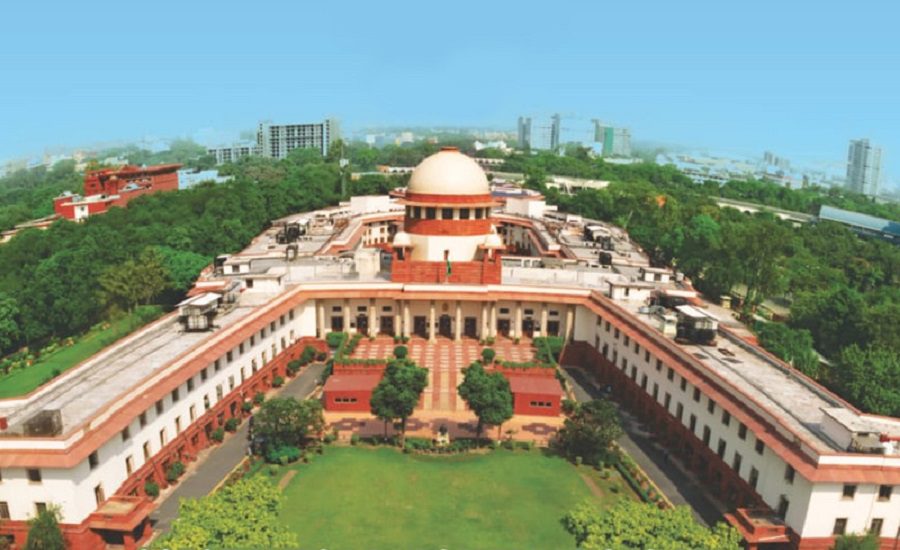New Delhi: The Central government has decided to move ahead with the elevation of Justice Vipul Pancholi to the Supreme Court, despite strong opposition from Collegium member Justice BV Nagarathna.
Collegium Divide on Elevation
Justice Nagarathna, who is in line to become the Chief Justice of India in 2027, expressed sharp dissent against Justice Pancholi’s appointment. She warned that his elevation could be “counter-productive” to the administration of justice and might undermine the credibility of the Collegium system.
Her note pointed out that Justice Pancholi ranks 57th among High Court judges. She stressed that several more senior judges from different High Courts should be considered before him.
However, the other four Collegium members, Chief Justice of India BR Gavai, Justices Surya Kant, Vikram Nath, and JK Maheshwari supported his elevation, effectively overruling the dissent.
Government Clears Appointment
According to sources, the Centre has already advanced the appointment file for Justices Alok Aradhe and Vipul Pancholi. The file, sent to the Prime Minister’s Office, is now expected to reach Rashtrapati Bhawan for presidential approval.
Officials indicated that the warrants of appointment may be issued before the end of the week.
If confirmed, Justice Pancholi will serve nearly eight years in the Supreme Court, making him one of the longest-serving judges in recent years.
Also Read: Supreme Court Collegium Recommends Elevation of Bombay & Patna Chief Justices to Apex Court
Career Background
Born on May 28, 1968, Justice Vipul Pancholi enrolled as an advocate in September 1991 and practiced at the Gujarat High Court.
He was elevated as an additional judge on October 1, 2014, and confirmed as a permanent judge on June 10, 2016. In July 2023, he was transferred to the Patna High Court, where he currently serves as Chief Justice.
Projected CJI Tenure
Justice Pancholi is expected to become the Chief Justice of India in October 2031 after Justice Joymalya Bagchi’s retirement. He will be the third sitting Supreme Court judge from the Gujarat High Court and is projected to serve as CJI for more than one and a half years.
Transparency Concerns Raised
The resolution dated August 25, recommending Justices Pancholi and Alok Aradhe, did not include Justice Nagarathna’s dissent note. This omission has drawn criticism from the Campaign for Judicial Accountability and Reforms (CJAR).
CJAR flagged three concerns in the resolution: lack of details about the appointees’ backgrounds, absence of the Collegium coram, and no explanation for prioritizing junior judges over seniors.
Justice Nagarathna also referred to the circumstances of Justice Pancholi’s 2023 transfer from the Gujarat High Court to the Patna High Court. She reportedly urged the Collegium to review the confidential minutes of that transfer and requested that her dissent be made public on the Supreme Court’s website.






























